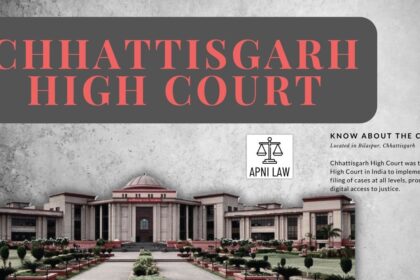Code
If the offence be not of any of the descriptions enumerated in the last preceding section, the right of private defence of the body does not extend to the voluntary causing of death to the assailant, but does extend, under the restrictions mentioned in section 99, to the voluntary causing to the assailant of any harm other than death.
Explanation
This section defines a lawful exception to causing harm. It states that causing harm, other than death, is not an offence if:
- The act is done without any intention to cause harm.
- It is done in good faith to prevent or avoid greater harm to a person or property.
In essence, this section recognizes the principle of “necessity” in criminal law. If an act is necessary to prevent greater harm, even though it might cause some harm, it is justified and not an offence.
Illustration
Imagine a person breaking a window to rescue a child trapped inside a burning house. The act of breaking the window causes harm to property, but it is not an offence under Section 101. It was done without any intention to damage property and was necessary to prevent greater harm (death or serious injury to the child).
Common Questions and Answers
Q: Can I use force against someone if they are about to steal my property?
A: Section 101 can apply here. If you use force to prevent the theft, but not with the intention to cause harm, and it is necessary to prevent a greater harm (theft), it might be justified. However, the amount of force used must be proportionate to the threat. Excessive force would be an offence.
Q: Does this section apply to causing death?
A: No. This section specifically excludes causing death.








